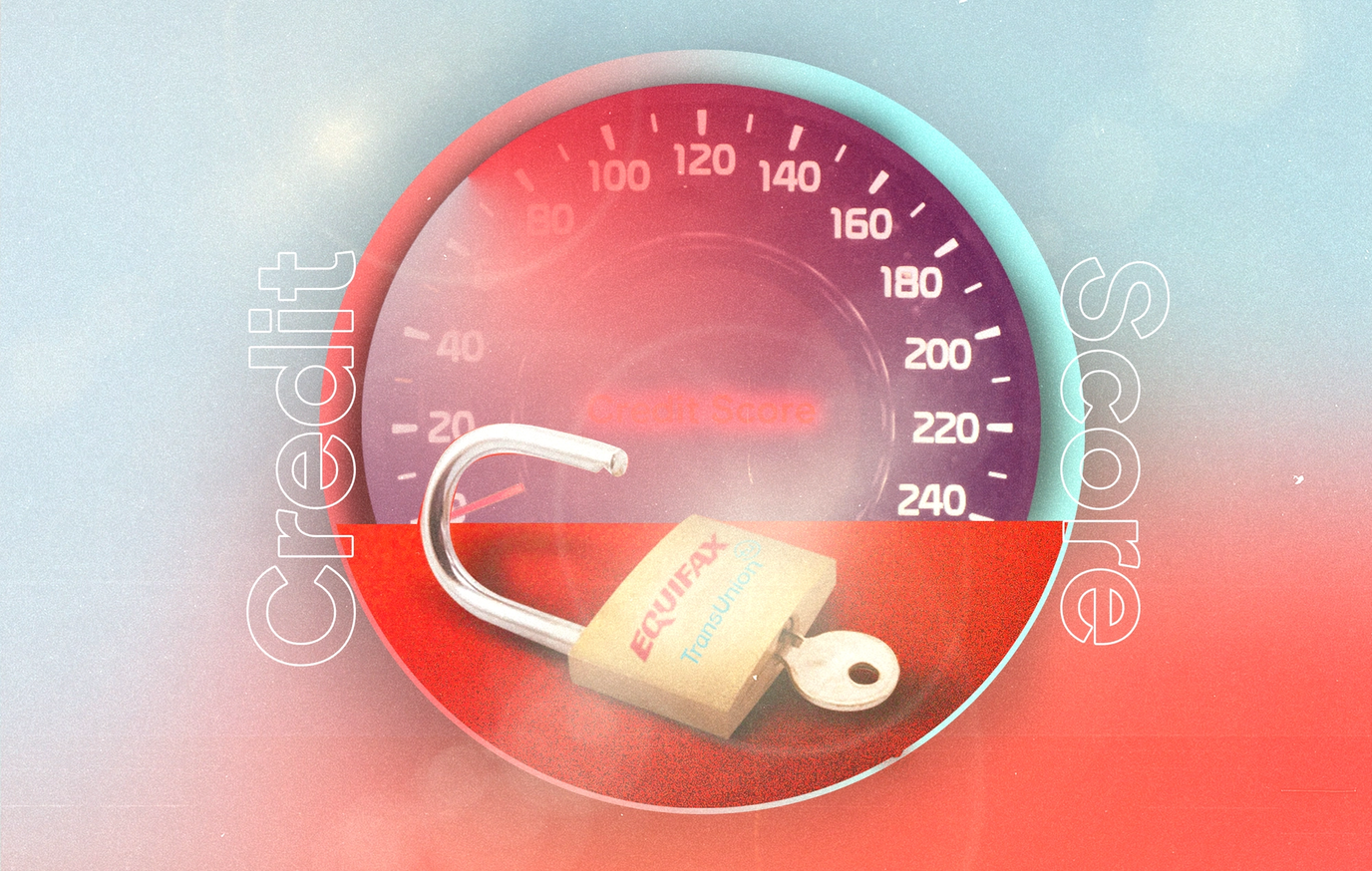
Rounding it up
If you’ve ever done a credit score check, you’ve probably noticed that it changes quite frequently. In fact, it takes 30-90 days for your score to change.
Your credit score is affected by various factors, like your credit card balance, debt, and more.
Unfortunately, it takes longer to rebuild your credit, so start as soon as you can by paying off your credit card and loan debt.
It also helps to use a prepaid credit card, so you don’t spend beyond your means and can work on your savings.
Financial institutions use ratings from credit bureaus to determine your eligibility for loans, credit cards, and other lines of credits. Having a high credit score means better access to all these financial resources, plus improved terms so you pay less interest over time.
If you’ve ever done a credit score check, you’ve probably noticed that your score changes somewhat frequently.
In fact, it changes all the time.
Whenever you take out a new line of credit, apply for a loan, or miss a bill payment, your credit score will change (with rare exceptions). Of course, this isn’t instantaneous and it takes time for your credit score change to appear.
Just how long does it take my credit score to change?
According to the Financial Consumer Agency of Canada, it takes an average of 30-90 days for your credit score to change.
That means the decisions you make now about your financial life could affect your credit rating - and your ability to get a loan - months from now.
The good news is that your KOHO prepaid Mastercard® account comes stocked with great features to help you stay on top of your finances.
What affects my credit score in Canada?
There are a whole lot of factors that affect a credit score. These include:
The age of your oldest credit account
If you have a balance on your credit cards
How often you miss payments
How much you spend compared to your credit limit (a.k.a. your credit utilization ratio)
If you’ve recently applied for credit
Your bankruptcy record
If you’ve ever had debt sent to collections
All these factors might seem like a lot to keep track of, but they have one thing in common: they indicate your level of financial responsibility.
At the end of the day, your credit score is simply a quick way for financial institutions to see if you’re a trustworthy person to lend money to. They want to know if you’re going to actually pay them back or if you’re at risk of defaulting on your loans or racking up massive credit card bills.
Thankfully, with your KOHO account, you have access to lots of tools to help you track and improve your credit score.
Since payments made with your KOHO prepaid Mastercard don’t affect your credit score (since it’s not a line of credit), using it for most purchases helps you to minimize the amount that you’re putting on your credit card each month.
Your KOHO account also gives you access to a whole slew of budgeting tools so you can master your finances. Doing so can help you avoid taking out loans or racking up credit card debt unless it’s absolutely necessary.
As a result, you can maintain a better credit score, which means you’ll have greater access to advantageous loans and interest rates, should you ever decide to buy a house, a car, or go back to school.
"If you’ve ever done a credit score check, you’ve probably noticed that your score changes somewhat frequently."
What causes credit scores to go down?
As we’ve already discussed, for better or worse, it takes about 30-90 days for your credit score to change.
But, credit scores don’t just change randomly.
If you did a free credit score check and noticed a big change to your rating, it’s generally because you did one of the following:
Applied for a new loan or credit card (even if you didn’t get approved)
Charged more to your credit card than you normally do
Missed a payment on your loan or credit card
Started carrying a balance on your credit card
Filed for bankruptcy
Closed a credit card (yes, this negatively impacts your credit!)
Had debt sent to collections
If you truly don’t believe that you did any of the above in the past 2 or 3 months, then there might be an inaccuracy or it is a fake credit report or, even worse, your identity was stolen.
In cases of suspected fraud, immediately reporting the issue to TransUnion Canada or Equifax is essential.
When foul play isn’t likely, using your KOHO account can help you prevent your credit score from decreasing. In addition to using your prepaid Mastercard for most purchases to limit the amount you’re charging to your credit card, your account also lets you set up automatic bill payments so you can avoid missed payments.
With pre-authorized debits, you can ensure that you pay your bills on time to avoid derogatory marks on your credit report. The budgeting tools that come built into your account can also help you stay on top of your spending so you don’t have to carry a balance on your credit card and hurt your credit score.
"The faster you can get your credit card and loan balances back to zero, the faster your credit rating will increase."
How long does it take to improve a credit score in Canada?
Unfortunately, credit scores can drop a whole lot faster than they improve.
While one well-overdue bill can cause your score to tumble in a couple of months, rebuilding your rating takes a lot of work. In some instances, you can see improvements to your score in just 30 days - especially in cases of fraud or erroneous derogatory marks - but this is the exception, not the rule.
For many Canadians, improving credit is a long road, which takes dedication. It might seem harsh that a credit bureau can drop your score in just a few months but that it takes even longer to fully rebuild your credit.
However, it’s critical to understand that your credit is your financial reputation and building a good reputation doesn’t happen overnight.
As we’ve already discussed, you can stop your credit score from decreasing by using KOHO’s bill pay features to stay on top of revolving credit lines, loans, and other payments. Continuing this good habit, even if your score goes down will also help you to bring it back up.
You can also take our ultimate budget template and craft your own budget with debt repayment as your top priority. In the short term, one of the best things you can do to rebuild your credit is to pay off your debt.
SPEND SMARTER. SAVE FASTER
The faster you can get your credit card and loan balances back to zero, the faster your credit rating will increase.
As you focus your sights on paying off your credit card and loan debt, you can stop yourself from falling back into the consumer debt cycle.
One of the easiest ways to do this is to manage your money with your KOHO prepaid Mastercard. By using your prepaid card (and your virtual card when shopping online) for the majority of your purchases, you prevent yourself from spending beyond your means.
Plus, this even allows you to start to build up a little nest egg of savings by taking advantage of the cash back that you can collect on groceries and transportation. KOHO also automates your savings through RoundUps and Goals. Plus, you can earn 1.2% interest* on your entire account by setting up direct deposit.
That way, you can rely less on credit cards and loans and set yourself up for long-term financial happiness - high credit score, included.
Stay one step ahead of your credit score
Your credit score will change many, many times throughout the course of your life. While small dips here and there are nothing to worry about (in fact, they’re expected if you take out a mortgage or a loan), avoiding massive dives in your credit rating is important.
Regularly checking your score and keeping an eye out for potential inaccuracies is essential. In the meantime, try using KOHO's Credit Building tool which was created to help Canadians safely and easily build their credit history.
*Interest rates are per year, calculated daily, paid monthly, and can change at any time without notice.

About the author
Gaby Pilson is a writer, educator, travel guide, and lover of all things personal finance. She’s passionate about helping people feel empowered to take control of their financial lives by making investing, budgeting, and money-saving resources accessible to everyone.
Read more about this author